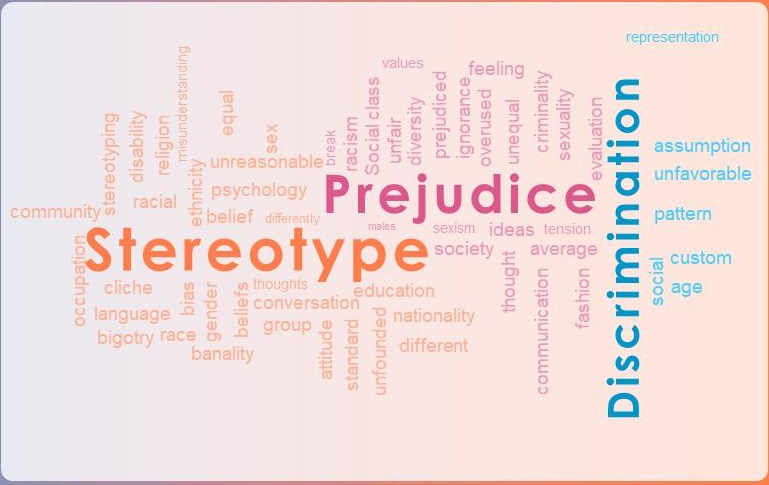Decoding Virat Kohli's 2023 World Cup Century: A Psychological Analysis
Virat Kohli's phenomenal century in the 2023 Cricket World Cup against South Africa stands as a remarkable achievement, not only for him personally but also as a significant moment for Indian cricket. This notable feat was further magnified as Kohli equaled the legendary Sachin Tendulkar's record for the most centuries in one day internationals at that very juncture. Nevertheless, discussions arose regarding whether Kohli's deceleration as he approached his hundred might have influenced the team's collective performance and potentially could have adverse effects on a particular day's outcome. I will be analysing various aspects of that innings using various theories in social psychology. I am a big fan of Virat Kohli but I will be analysing things in a very neutral manner. Image credits : Hindustan times Self-determination theory Self-determination theory suggests that people are motivated by three things: autonomy, competence, and relatedness. Kohli may have...



.jpeg)


